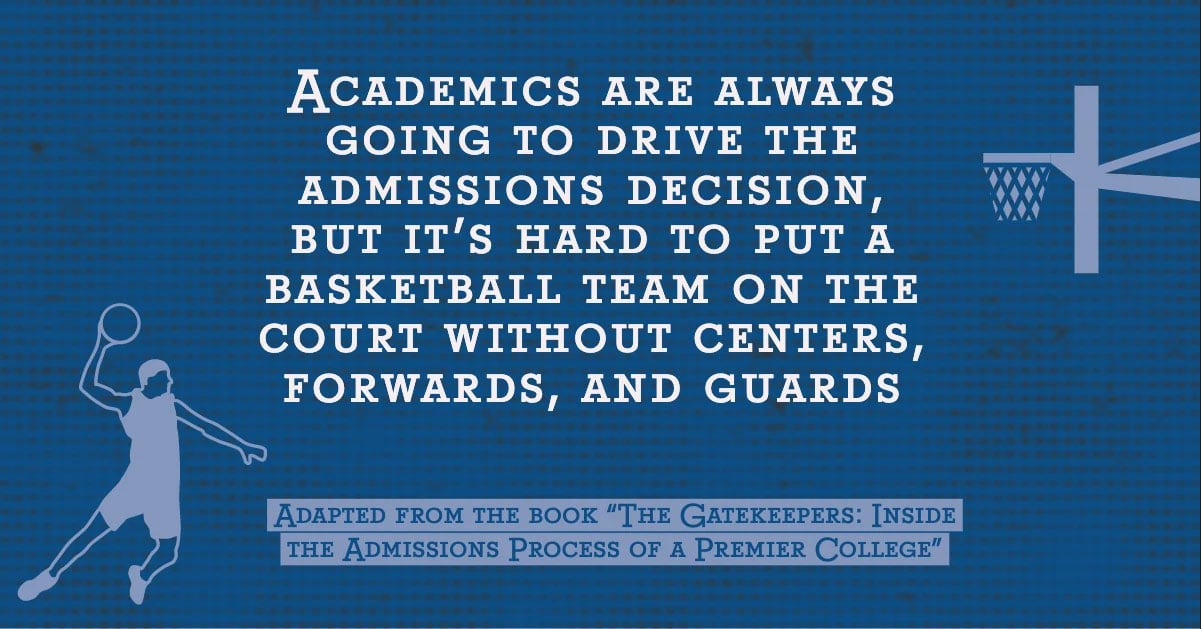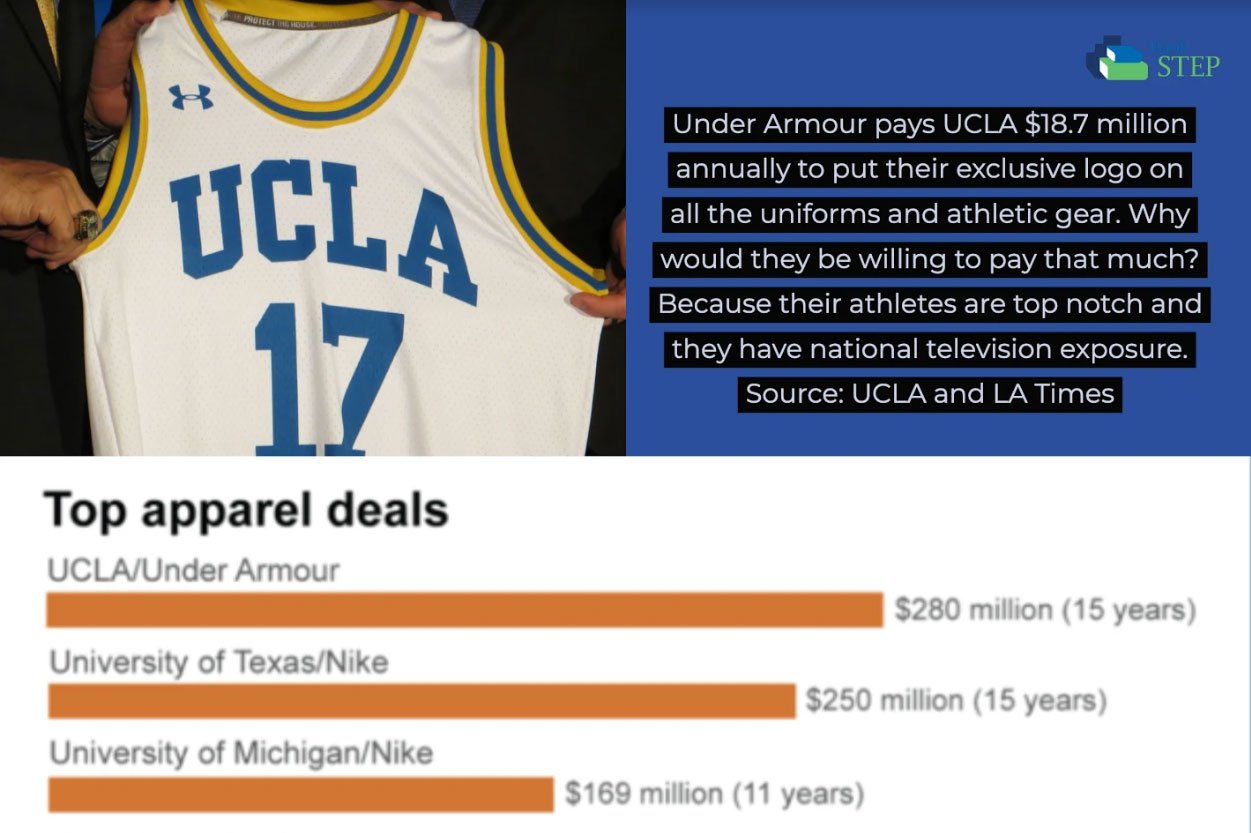Key Takeaway
A tag means that the applicant is a high priority admissions candidate for the university. Admission rates for tags are typically much higher than the overall admission rate. The most common tags for individuals include being an athlete, being a legacy (i.e. one of your parents is an alumnus), or being part of a minority group.
30 to 65% of the student body is already reserved to applicants with a tag. That means that everyone else is fighting for the remaining 35 to 70% of spaces available. If you do not have a tag, having special characteristics, accomplishments, and life goals in your application becomes even more essential in order to stand out from the other applicants.
One Famous Examples of a Tag Student: Jeremy Lin
We all are familiar with Jeremy Lin’s rise to fame. But it all started in high school. Let’s take a look at his evolution.
There is no question that Jeremy Lin was an extremely qualified applicant from an academic perspective. Yet as we discussed in a previous blog post, top schools receive more students with perfect GPAs than they have seats available for admission.
So how did Jeremy Lin get admitted to Harvard? Basketball was the tiebreaker and is an example of a “tag” on a student’s application that expedites the admissions process and dramatically increases the chances of an “admit”result.
What is a Tag?
A tag is a signal to the university that the applicant is a high priority for an “admit” decision. Common categories of tags include athletes, legacies, and underrepresented minority groups. These groups benefit from much higher admissions rates than the average applicant.

***Note that the minority tag applies to student groups that are underrepresented in a typical student body. Due to the large volume of Asian applicants, the minority tag does not typically apply to Asians.***
Why do schools have tags?
Schools have tags in order to ensure that the school community reflects the values and goals of the school itself. This may range from maintaining a strong brand image through sports teams, creating family loyalty to the school over generations, to increasing diversity on campus.
More details on Tags and their importance:
Sports inject money and school pride into a college campus, which is why athletes get fast-track admissions. I know many high school classmates whose abilities impacted their admission to Ivy League schools (a football player going to Dartmouth, a golfer at Yale (who was also a National Debate Champion), a tennis star at Cornell, a hockey player at Harvard (who had a perfect GPA), to name a few.
Here are some quick pictures and sound bytes showing the importance of sports to universities.
Why universities use tags
Legacy and ethnicity tags typically offer schools money and diversity, respectively. Universities believe that you will be more likely to remain active in the university community and perhaps even donate more money if your father, grandfather, sister, and aunt attended the same university. For ethnicity tags, universities want to attract the brightest students from various underrepresented groups in order to create a more diverse campus and learning environment for everyone. This tag, called affirmative action, has been legal since X but is currently being challenged in the court system. But until then, race plays a role in college admissions. This is a good thing for underrepresented minorities yet could potentially disadvantageous for groups that are frequently present and trying to get into university.

What if you don’t have a tag?
With even fewer seats available to most of the applicants, you need to figure out a way to become noticeable beside other students with your similar grades and test scores.
If you can’t have a tag, then you need an amazing story to set yourself apart from the other students with similar test scores and grades.
Related Articles


Want the latest ThinkSTEP News?
Subscribe to our mailing list!





